In a bid to make things fairer for customers, HMRC has changed its penalties for late VAT submissions and payments. It’s also changed how it charges interest on the late payments due.
These changes will affect everyone who submits VAT returns, including nil or repayment return customers and replace the default surcharge. This will impact VAT returns starting on or after 1 January 2023.
Here’s all you need to know about the changes.
Who needs to pay VAT?
If you are a limited company, sole trader or partnership business and your taxable turnover exceeds £85,000 within any 12-month period, you are required to register for VAT. This means for all taxable goods or services you sell you must include VAT in the price you charge your customers.
A good way to get organised is to sign up to Making Tax Digital (MTD)-compliant software, like FreeAgent for free*, where you can share your transactions and categories automatically with your FreeAgent account, which will feed into your VAT return for you to review.
Signing up for MTD-compliant software is also a requirement for all VAT-registered businesses to keep their VAT records and file returns.
What will happen if you submit a VAT return late
Under the new penalty regime VAT, registered businesses will receive 1 penalty point for each late submission after 1 January 2023.
Depending on how often you submit your VAT return, you’ll have a ‘point threshold’.
You’ll have to pay a fixed £200 penalty if you exceed it. You’ll have to pay another £200 penalty each time you submit your VAT return late while you’re at the threshold.
The point thresholds are:
If you submit annually – 2 points
If you submit quarterly – 4 points
If you submit monthly – 5 points
If you reach the threshold to remove penalty points you’ll need to submit all your returns on time for a period of compliance:
For annual returns, you’ll need to submit two returns on time
For quarterly, it’s four returns on time
For monthly, it’s six returns on time
You also need to ensure all outstanding returns from the last 24 months are submitted. If you haven’t reached the points threshold your penalty points will expire after 24 months.
What will happen if you do not pay your VAT on time
On top of the penalty points for late submission, there are different penalties for late payments depending on how late the payment is:
Up to the first 15 days, no penalty
Between 16 - 30 days late, 2% of the VAT that was outstanding at the end of the 15 days
Over 31 days late, there are two penalties to pay
You’ll get a first penalty of the 2% after 15 days plus 2% of the amount outstanding after 30 days
HMRC then charges a second penalty which is a daily rate of 4% per year from day 31 of the payment being overdue up to until you pay in full
If you are struggling to pay your Tax bill, HMRC’s Time to Pay service can allow you to agree on a schedule of payments.
How the late payment interest will be calculated
If you are late in paying, you’ll also be charged interest on the outstanding amount from the first day that payment is overdue until the day it’s paid in full. The interest is calculated at the Bank of England base rate plus 2.5%.
This will be charged on all VAT payments that are overdue, including:
a VAT Return
an amendment or correction of a return
a VAT assessment made by HMRC
a missed VAT payment on the account
Protect your information
If someone contacts you saying they are from HMRC and wants you to transfer money urgently or wants you to give them your personal information, don’t let yourself be rushed. You can take your time, and call HMRC back to make sure it is them contacting you.
Remember to never share your HMRC login details or any personal information with someone.
Correct as of 6 February 2023
Disclaimer: The content of this blog is based on our understanding of the topic at the time of publication and should not be taken as professional advice. Any of the information may be subject to change. You are responsible for complying with tax law and if in doubt, should seek independent advice.
*Saving you up to £150 a year based on FreeAgent’s lowest tariff.






